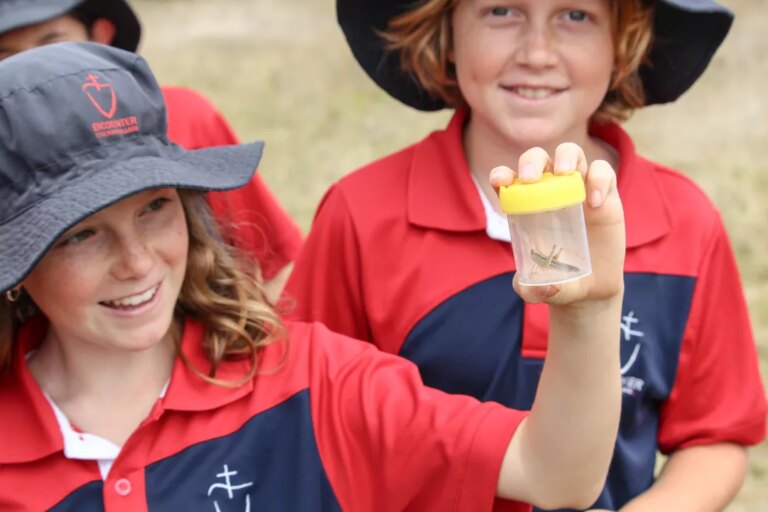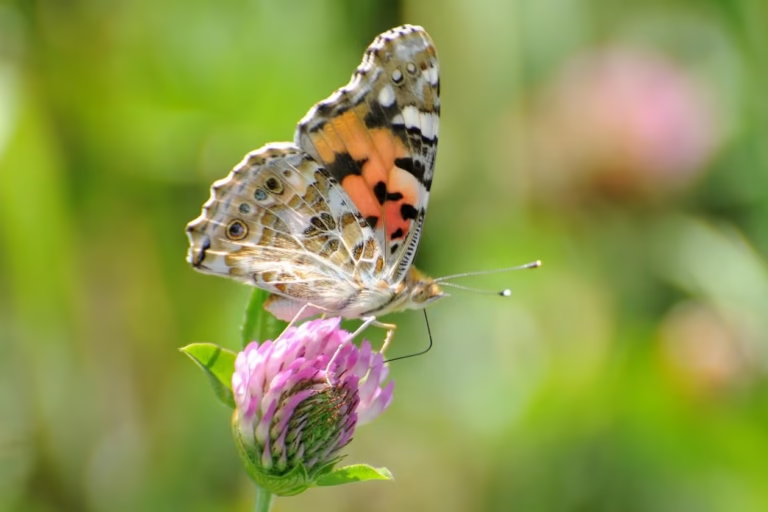Teaching kids about bugs benefits the environment
Pro-environmental behaviour increases among school students who participate in insect-related citizen science projects, according to new research from the University of Adelaide. Students who participated in citizen science project Insect Investigators, which engages students in the discovery of new insects, not only expressed an intention to change their personal behaviour but also to encourage others to protect nature. “As a…



